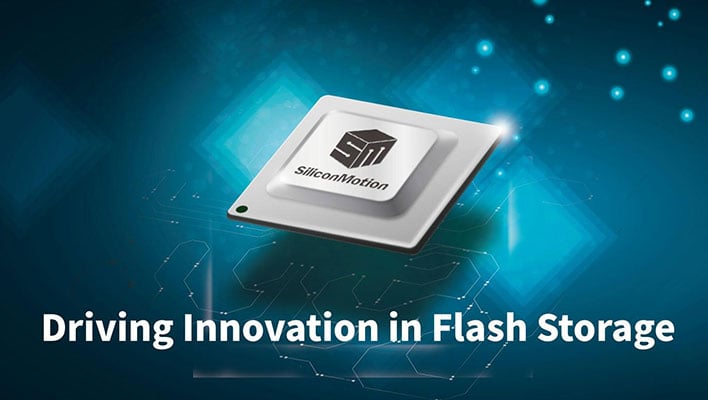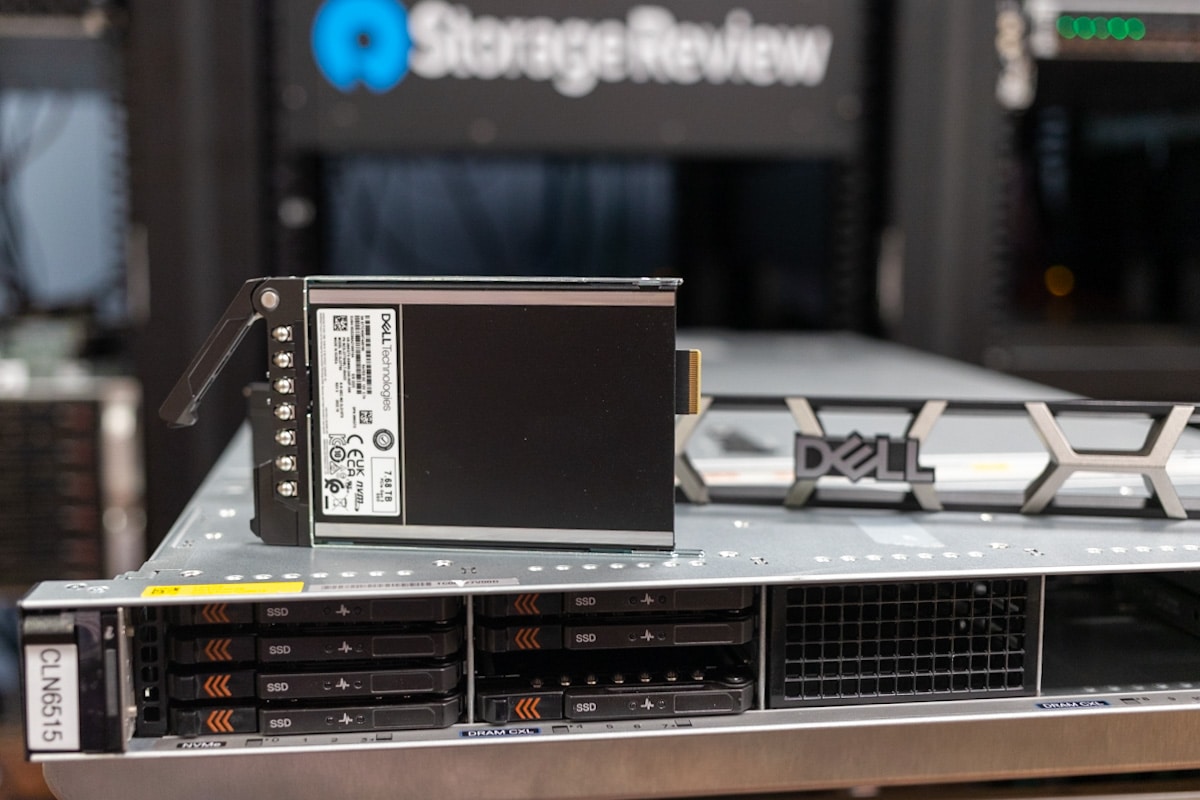I haven't made the jump yet to an NVME drive yet, but this caught my eye:
Over 2 million random read + write IOPS. Quite a jump from existing consumer SSDs.
This controller will used with laptop Gen 5 SSDs also:

 hothardware.com
hothardware.com
Most Gen 5 drives have so far used the Phison PS5026-E26 controller, so I imagine the specs will be all within the same ball park. This controller has a power consumption of 10w, somewhat higher than the upcoming controller.
So, might be worth waiting to see what drives become available next year.
I personally think PCIe Gen 6 is several years away, but I suppose these drives will be backwards compatible with most NVME capable motherboards.
We haven't seen a Gen 5 drive yet from Samsung either, I imagine they will come up with something decent also...
Over 2 million random read + write IOPS. Quite a jump from existing consumer SSDs.
This controller will used with laptop Gen 5 SSDs also:
Silicon Motion Reveals When Laptops With PCIe 5.0 SSDs Will Finally Arrive
Laptops with 14GB/s storage and circa 3.5W ultra-low power controller consumption are promised to arrive before too long.
Most Gen 5 drives have so far used the Phison PS5026-E26 controller, so I imagine the specs will be all within the same ball park. This controller has a power consumption of 10w, somewhat higher than the upcoming controller.
So, might be worth waiting to see what drives become available next year.
I personally think PCIe Gen 6 is several years away, but I suppose these drives will be backwards compatible with most NVME capable motherboards.
We haven't seen a Gen 5 drive yet from Samsung either, I imagine they will come up with something decent also...
Last edited:






